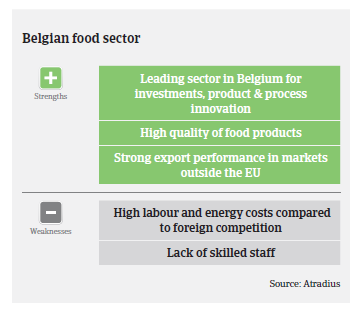Bekijk een snapshot van het kredietrisico en de bedrijfsprestaties van 14 grote sectoren in meer dan 30 landen. De vooruitzichten zijn gebaseerd op de beoordeling door de kredietanalisten van Atradius
Publicaties
Filter hier binnen al onze publicaties
Toont 501-520 van 602 Items


